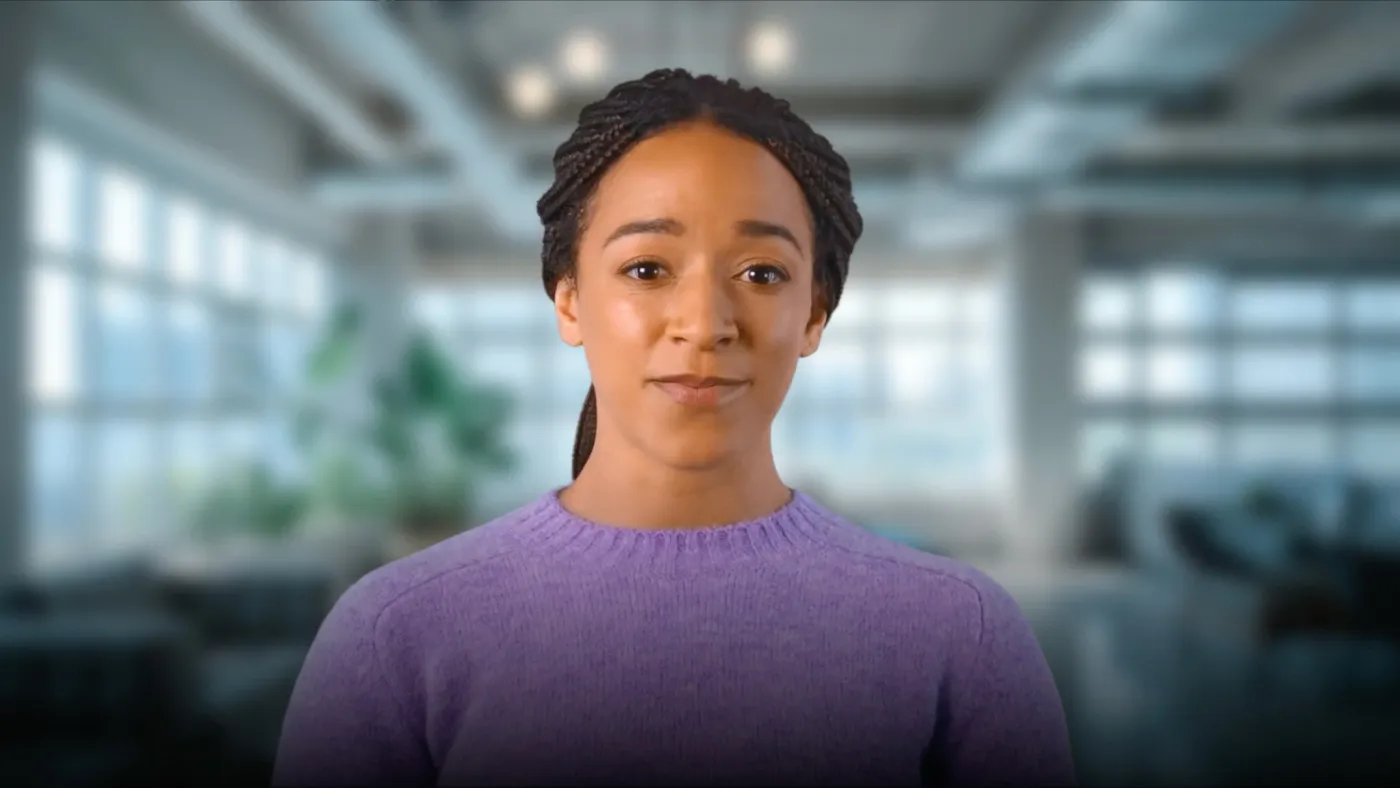The Importance Of Critical Thinking
In this lesson, you will learn about the vital role of critical thinking in our personal and professional lives. You will discover how critical thinking can help you make informed decisions, avoid biases and assumptions, and identify potential problems before they arise.
This project update template features:
Video script
Hey there, learners! Today, we're diving into the world of critical thinking. What is it, why it's important, and how to develop it. Let's jump right in!
First things first, what exactly is critical thinking? It's the ability to think clearly, rationally, and objectively, allowing you to make informed decisions and solve problems effectively. Several key components make up critical thinking. These include analysis, evaluation, synthesis and reflection. Analysis involves breaking down complex ideas and problems into smaller, manageable parts. Evaluation is where you assess the quality of arguments and evidence, weighing their strengths and weaknesses. Synthesis is the process of combining various ideas and perspectives to form a coherent understanding Finally, reflection, which means looking back on our thoughts and actions to learn from them and improve.
Now, with a clear understanding of critical thinking and its components, let's explore why it is so important. Critical thinking has numerous personal benefits, such as enhancing decision-making skills, which leads to better choices. Improving problem-solving abilities, helping you tackle challenges effectively. And boosting communication skills, enabling you to articulate and defend your viewpoints.
But it doesn't stop there! Critical thinking also has broader societal benefits, including promoting open-mindedness and tolerance, fostering a more inclusive society. encouraging innovation and progress, as people think outside the box to develop new solutions. And supporting informed citizenship, ensuring that people make thoughtful choices in a democratic society.
Now, let's discuss the strategies you can employ to effectively develop your critical thinking skills. Here are a few tips to get you started. Ask questions to challenge assumptions and seek clarification when needed. Consider multiple perspectives by examining different viewpoints to gain a broader understanding. Evaluate evidence, assessing the credibility and relevance of information before accepting it. Finally, reflect on your thought process, regularly examining your thinking patterns and learning from them.
In conclusion, the importance of critical thinking can't be overstated. As you develop these skills, you'll enhance not only your performance in the workspace, but also contribute to building a more thoughtful and innovative society. Begin practicing your critical thinking now and unlock your true potential!
FAQs


.webp)




